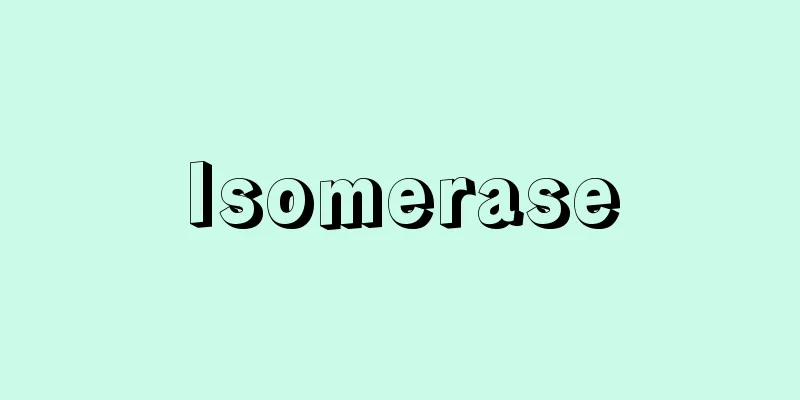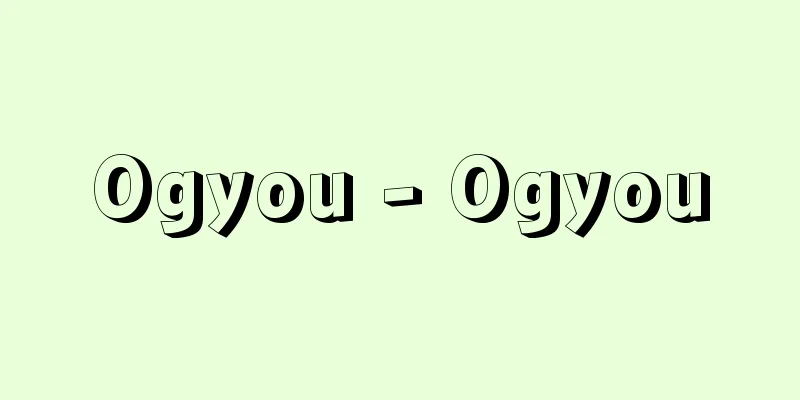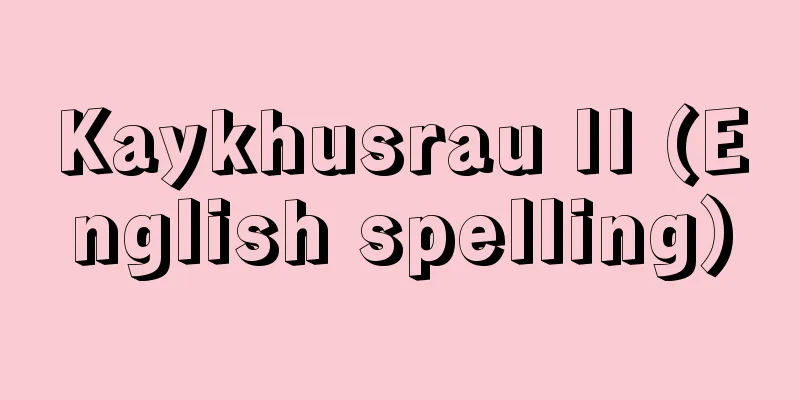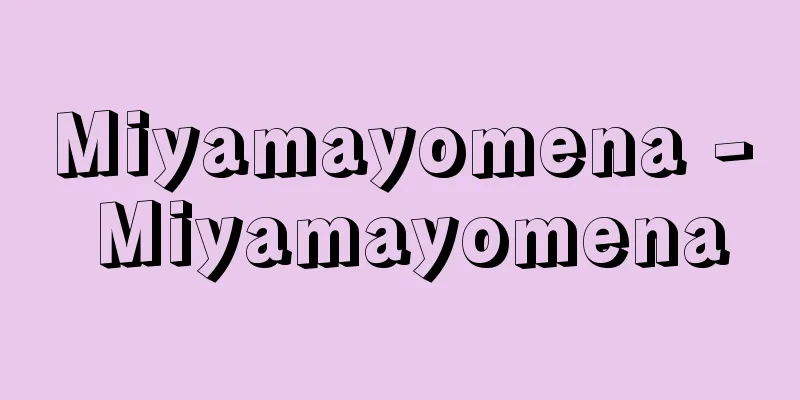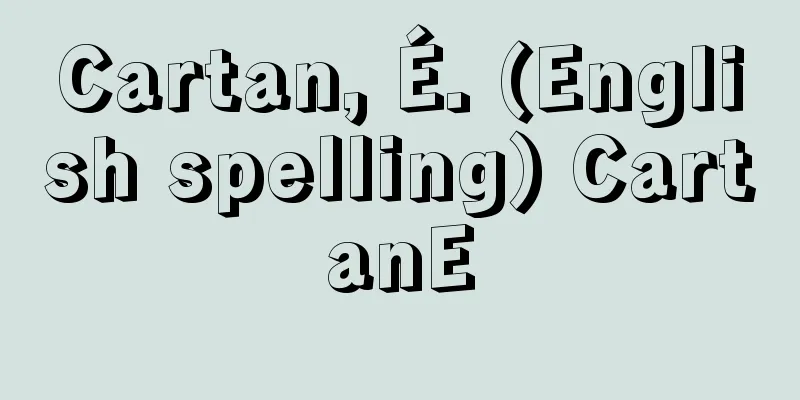Election campaign - English
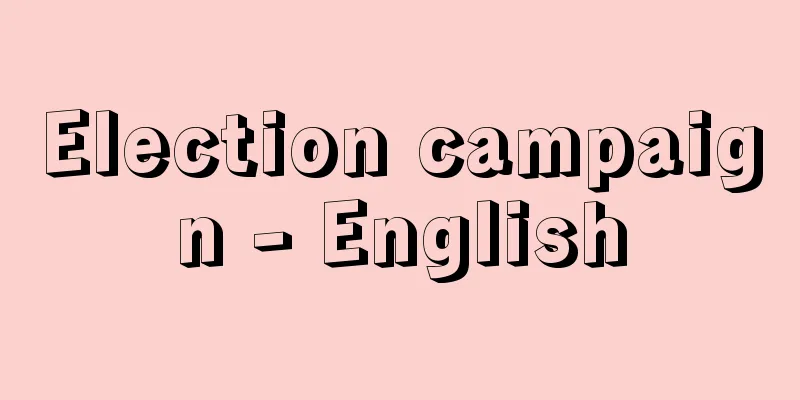
|
In legal terms, election campaigning generally refers to the act of influencing voters directly or indirectly with the aim of winning a specific candidate in a specific election. In other words, for an act to be considered election campaigning, first, the election to which the act relates must be specific. Even if the election date has not been publicly announced or announced, the election can be considered specific if the term of office for the public office is approaching or the dissolution of the parliament is expected. Secondly, election campaigning is carried out for a specific candidate, and is distinct from political activities such as the dissemination and promotion of policies by individuals or political parties, or the expansion of party influence. Thirdly, election campaigning is an act carried out with the aim of winning. Simple labor such as sending documents or transporting goods for the purpose of receiving a daily allowance does not fall under this category. Fourthly, it is an act of influencing voters directly or indirectly. Election interference aimed at preventing others from winning is also election campaigning if it is aimed at one's own victory. Preparatory acts for running for office and preparatory acts for election campaigns, such as seeking official recognition from a political party and creating billboards and posters, are considered to be internal acts and do not fall under this category. These are the four elements that constitute the concept of election campaigns. In reality, it can be difficult to distinguish between election campaigns and political activities or preparatory acts for elections, and such distinctions must be made based on a thorough understanding of the actual circumstances of the time, place, method, and target of the act, depending on the specific case. When election campaigns are used as a general term, they can also broadly be considered to include the provision of various services to voters in the electoral base, supporter group activities, and visiting various organizations and local influential people as part of the daily political activities of candidates long before the election period. [Ryōshi Mitsuhashi] Restrictions on election campaignsElection campaigns are directly actions aimed at obtaining votes for candidates, but at the same time, they are activities to appeal to voters about the candidates' political views and to expand support for them. Under parliamentary politics based on freedom of thought and speech, and political freedom, election campaigns must be free and fair. Every country has an election control law to prevent the will of voters from being distorted by power, money, or violence for personal or party gain. In Japan, the Public Offices Election Law was enacted with the purpose of "ensuring that elections are conducted fairly and appropriately in accordance with the freely expressed will of voters, thereby promoting the sound development of democratic politics." This law stipulates various restrictions on the period, subjects, methods, etc. of election campaigns. First, election campaigning is limited to a certain period from the day of filing the candidacy (or the day of filing the list in the case of the election of proportional representation members of the House of Councillors) until the day before the voting day (Article 129). This prohibits campaigning before filing the candidacy and campaigning on the day of the election. Secondly, election campaigning by certain persons is prohibited. Specifically, election campaigning is prohibited by (1) election officials such as polling officers and vote counting officers (Article 135), (2) certain public officials such as members and staff of the election management committee, judges, public prosecutors, auditors, members of the public safety commission, police officers, tax officials and revenue collectors (Article 136), (3) minors (Article 137-2), and (4) persons who do not have the right to vote or be elected due to an election offense (Article 137-3). Furthermore, for general-grade national and local public officials, political activities are prohibited under the Public Service Law, and campaigning and similar activities using one's position are prohibited under the Public Election Law (Article 136-2). Educators are also prohibited from campaigning using their position (Article 137). Thirdly, there are various restrictions on the methods of campaigning. The prohibition of door-to-door canvassing (Article 138) is unique to Japan, and is not found even in the UK, where laws governing election campaigns are well developed. It was once challenged in court as a violation of the freedom of speech under Article 21 of the Constitution, but the Supreme Court found it constitutional. Signature campaigns, the publication of popularity polls, the provision of food and drink, shouting, and chanting are prohibited (Articles 138-2 to 140-2), and there are strict restrictions on the number of postcards, flyers, posters, etc. that can be used for campaigning through speech. As for campaigning through speech, only publicly-run public speaking rallies are permitted, and various restrictions are imposed on individual speeches and street speeches. In the end, election campaigning other than publicly run activities such as issuing election bulletins, campaign speeches, campaign broadcasts, and career broadcasts are strictly restricted. Fourthly, election campaign expenses are regulated to prevent money-driven and corrupt elections such as bribery and entertainment, and to ensure that each candidate can run under as equal economic conditions as possible. There are legal limits on the amount of expenditure that are announced for each election, and if the legal election expenses are exceeded, not only is it an election crime (Article 247), but the election may also be invalidated (Article 251-2). In addition, a treasurer must be appointed (Article 180), and income and expenditure must be reported and made public (Article 192), and donations from certain individuals are prohibited (Articles 199 and following). [Ryōshi Mitsuhashi] Source: Shogakukan Encyclopedia Nipponica About Encyclopedia Nipponica Information | Legend |
|
法律用語としての選挙運動とは、一般に、特定の選挙において特定の候補者の当選を目的として、選挙人に対して直接的または間接的に働きかける行為をいう。すなわち、ある行為が選挙運動であるとされるには、第一に、その行為の対象たる選挙が特定していることが必要である。かならずしも、選挙期日の公示または告示がなされていなくても、当該公職についての任期満了の接近や議会の解散が予測される事情のもとでは、選挙が特定していると解される。第二に、選挙運動は、特定の候補者のためにするものであり、個人・政党等の行う政策の普及宣伝、党勢拡張などの政治活動とは区別される。第三に、選挙運動は、当選を目的として行われる行為である。日当を得ることを目的として文書を発送したり、物品を運搬するなどの単純な労務の提供はこれに該当しない。第四に、選挙人に直接間接に働きかける行為である。他人を当選させないためにする選挙妨害行為も、自己の当選を目的にする場合は選挙運動である。政党の公認を求める行為や立て看板・ポスターの作成などの立候補準備行為・選挙運動準備行為は内部的行為としてこれに該当しないと解される。以上が選挙運動の概念を構成する四要件である。実際には、選挙運動と政治活動や選挙準備行為との区別のむずかしい場合があり、それは具体的場合に応じて、その行為がなされた時期、場所、方法、対象などの実態を十分把握したうえで判断されなければならない。なお、選挙運動が一般的用語として用いられる場合、選挙期間のはるか以前から、立候補予定者が日常的政治活動の一環として行っている、選挙地盤となる選挙民へのさまざまなサービスの提供、後援会活動や立候補予定者としての諸団体・地元有力者への挨拶(あいさつ)回りなども広く選挙運動といえる。 [三橋良士明] 選挙運動の規制選挙運動は直接的には候補者への投票を得るための行為であるが、同時にそれは候補者の政見を選挙人に訴え、それへの支持を広げる活動でもある。思想・言論の自由、政治的自由を基盤とする議会政治のもとで、選挙運動は本来自由でなければならないと同時に公正に行われなければならない。私利・党利のために権力、金力、暴力をもって、選挙民の意思が歪曲(わいきょく)されないように、いずれの国においても選挙取締法が制定されている。わが国では、「選挙が選挙人の自由に表明せる意思によつて公明且つ適正に行われることを確保し、もつて民主政治の健全な発達を期することを目的」として、公職選挙法が制定されている。同法は、選挙運動の期間、主体、方法などに関して各種の制限を定めている。 第一に、選挙運動は、立候補の届出(参議院比例代表選出議員の選挙にあっては、名簿の届出)のあった日から、当該選挙の投票日の前日まででなければすることができないという時間的制限がある(129条)。これによって、立候補の届出前における事前運動と選挙当日の運動が禁止される。第二に、特定の者の選挙運動が禁止されている。すなわち、〔1〕投票管理者、開票管理者などの選挙事務関係者(135条)、〔2〕選挙管理委員会の委員・職員、裁判官、検察官、会計検査官、公安委員会の委員、警察官、収税官吏および徴税の吏員等の特定の公務員(136条)、〔3〕未成年者(137条の2)、〔4〕選挙犯罪によって選挙権・被選挙権を有しない者(137条の3)の選挙運動は禁止されている。さらに、一般職の国家公務員・地方公務員については、公務員法により政治的行為が禁止されているほか、公選法により地位利用による選挙運動・選挙運動類似行為が禁止されている(136条の2)。教育者も地位利用による選挙運動が禁止されている(137条)。第三に、選挙運動の方法に関してもさまざまな制限がある。戸別訪問の禁止(138条)は選挙運動取締法制の発達したイギリスにも例をみないわが国独特のものであり、憲法第21条の言論の自由を侵害するとして裁判で争われたことがあるが、最高裁は合憲と解した。署名運動、人気投票の公表、飲食物の提供、気勢を張る行為、連呼行為は禁止され(138条の2~140条の2)、文書図画による選挙運動については、はがき・ビラ・ポスターなどの枚数等の厳しい制限がある。言論による選挙運動についても、立会演説会は公営のもの以外は許されず、個人演説会、街頭演説に関しても各種の制限が課せられている。結局、選挙公報の発行、立会演説会、政見放送、経歴放送などの公営以外の選挙運動は厳しく制限されている。第四に、買収・饗応(きょうおう)などの金権・腐敗選挙を防止し、各候補者ができるだけ平等な経済的条件のもとで選挙ができるように、選挙運動の費用が規制されている。支出金額については、各選挙ごとに告示される法定基準があり、この法定選挙費用を超過した場合には、選挙犯罪となる(247条)のみならず、当選無効となる(251条の2)。また出納責任者を選任させ(180条)、収入・支出の届出や公開(192条)を定めているほか、特定の者からの寄付行為が禁止されている(199条以下)。 [三橋良士明] 出典 小学館 日本大百科全書(ニッポニカ)日本大百科全書(ニッポニカ)について 情報 | 凡例 |
Recommend
Ruscus hypophyllum (English spelling) Ruscus hypophyllum
… [Tsuneo Nakamura]. … *Some of the terminology t...
Kakeai - to confer
(In many cases, the sound "y" is inserte...
Inference - Inkyo
〘 noun 〙 To quote something as evidence or proof. ...
The period when both metal and stone were used
This refers to a period when tools made of metal ...
Belly warmer - belly warmer
A style of medieval Japanese armor. However, the ...
Cooper, WS
…Studies on succession in the United States progr...
Ultimatum - saigotsucho (English spelling) ultimatum
In international negotiations, it refers to a dec...
Iwai Hanshiro (5th generation)
Born: 1776 [Died] 1847 Kabuki actor. Stage name Ya...
Keito - Keito
A Chinese scholar of the early Qing dynasty. His ...
Wool fabric - woolen fabric
It primarily refers to woolen fabrics made from s...
Summary of Military Economics - Bukei Soyo
A military technology book from the Song dynasty ...
Kinjinsai Shin'o
...A collection of reviews and discussions on Kab...
Compost
In the past, compost or piled compost was made by...
Military explosives
High explosives are used primarily for military pu...
orbital astronomical observatory
...Using the Explorer series, America not only ob...

